This is a timely addition to our Introduction to Literature course.
Here we try to understand Scrooge sympathetically with a view to seeing how he understands himself and the world. There is a striking moment when the narrator speaks directly to the reader and tells us that he is as close to us as the spirit is to Scrooge. The narrator reaches past the 4th wall to speak directly to the reader and offers a kind of analogy. The spirit is to Scrooge as the narrator is to us; so if there is something wrong about Scrooge’s orientation towards the world, the narrator warns us that we ourselves might be in possession of the same malady that Scrooge has. That is, Scrooge’s name is synonymous with greed and miserliness; he is so extreme or spectacular in embodying his vice that we are likely not to think that we participate in it insofar as when we compare ourselves to Scrooge, we see a lot of distance. But the narrator warns us that we shouldn’t let ourselves off of the hook too easily. Just because someone else is bad, it doesn’t mean that we are good.
Scrooge seems to undergo a transformative education, but we are left with one crucial question: what at bottom motivates Scrooge’s change? His former fiancé Belle told him that he changed out one idol for another in preferring money to her; but has Scrooge here merely changed out one fear for another? Before he feared that pain that at least potentially attends all loving attachments to others. He sought to fortify himself against evils through the acquisition of money and through an unwillingness to open himself up to others. Is he now moved by fear of death and fear of punishment in the afterlife? Or is he now genuinely moved by a desire to benefit others regardless of the rewards that may come to him?




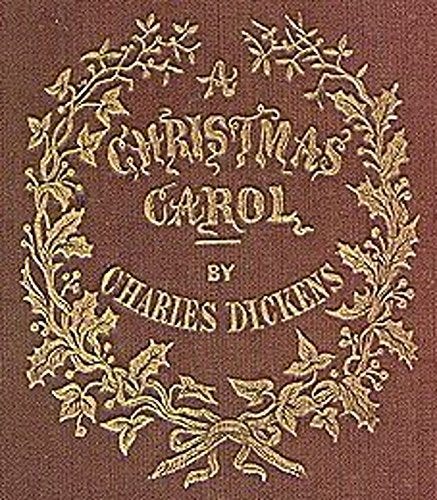

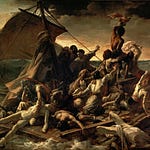

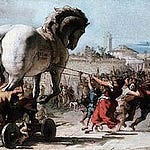


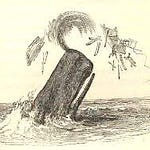
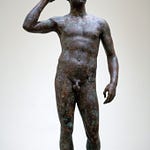
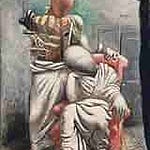
Share this post